It seems to have dawned on certain media outlets that the record honeymoon they granted the Albanese government, excusing them from the rigorous examination they unhesitatingly imposed on the Howard and Abbott governments, is inconsistent with expectations of their audiences, and would, if continued, reflect increasingly poorly on them.
The fact is that the succession of disasters over which the government is presiding is gradually becoming apparent to voters.
Already a subscriber? Log in
Subscribe for just $2 a week
Try a month of The Spectator Australia absolutely free and without commitment. Not only that but – if you choose to continue – you’ll pay just $2 a week for your first year.
- Unlimited access to spectator.com.au and app
- The weekly edition on the Spectator Australia app
- Spectator podcasts and newsletters
- Full access to spectator.co.uk
Or
Unlock this article
You might disagree with half of it, but you’ll enjoy reading all of it. Try your first month for free, then just $2 a week for the remainder of your first year.

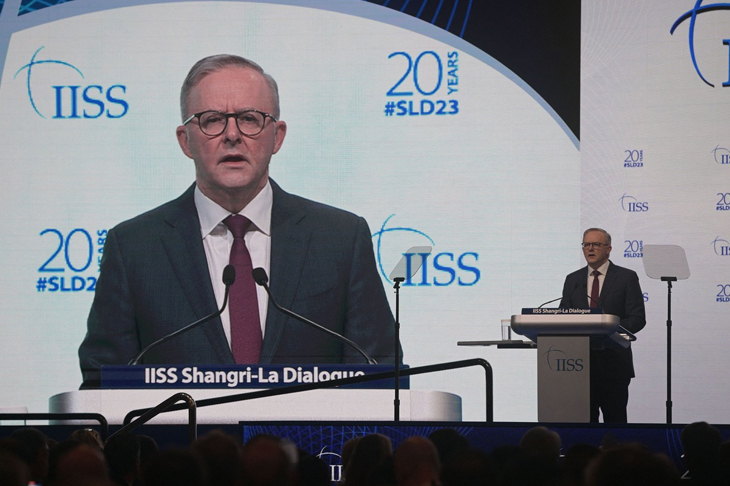
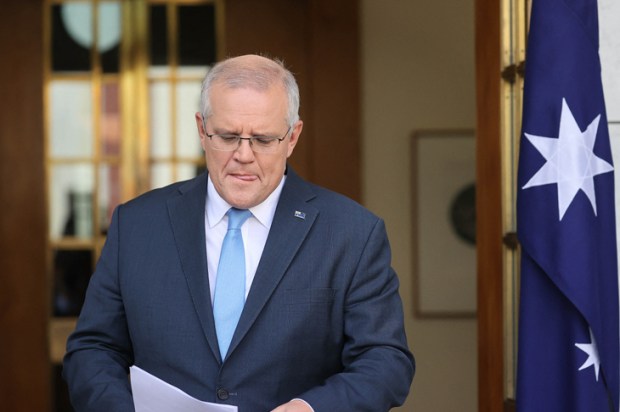

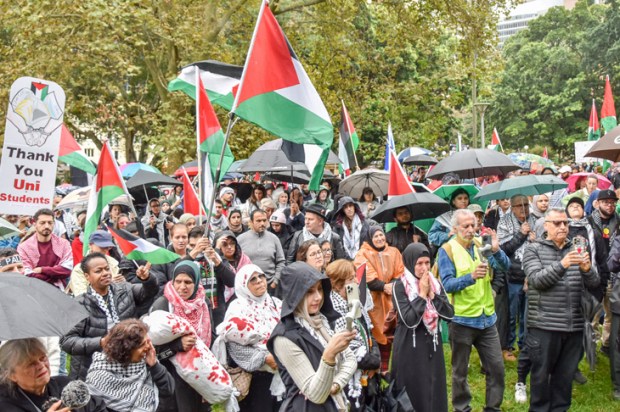
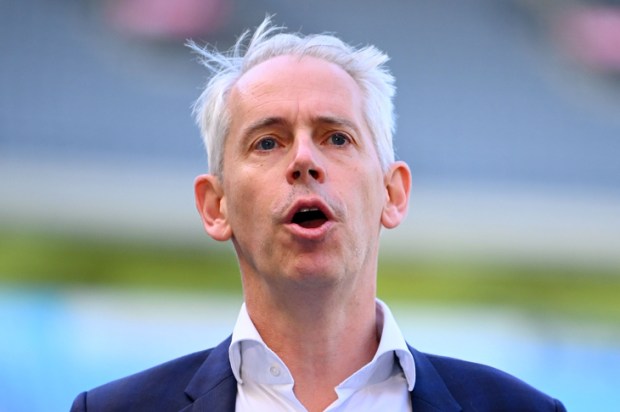
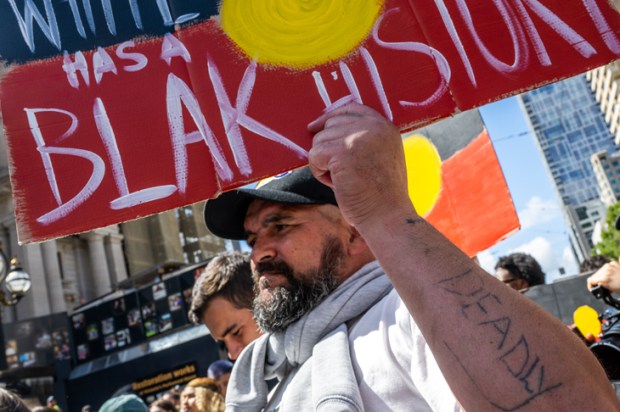
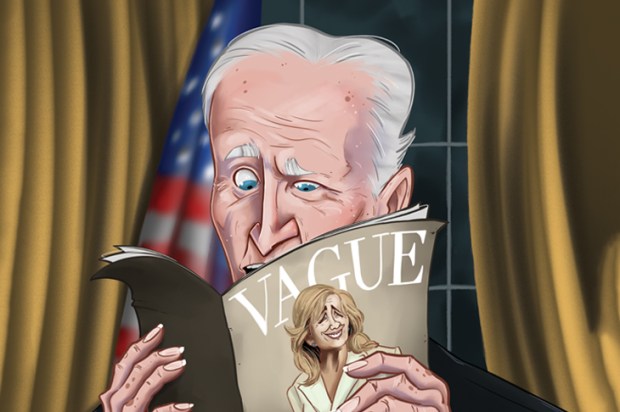






Comments
Don't miss out
Join the conversation with other Spectator Australia readers. Subscribe to leave a comment.
SUBSCRIBEAlready a subscriber? Log in